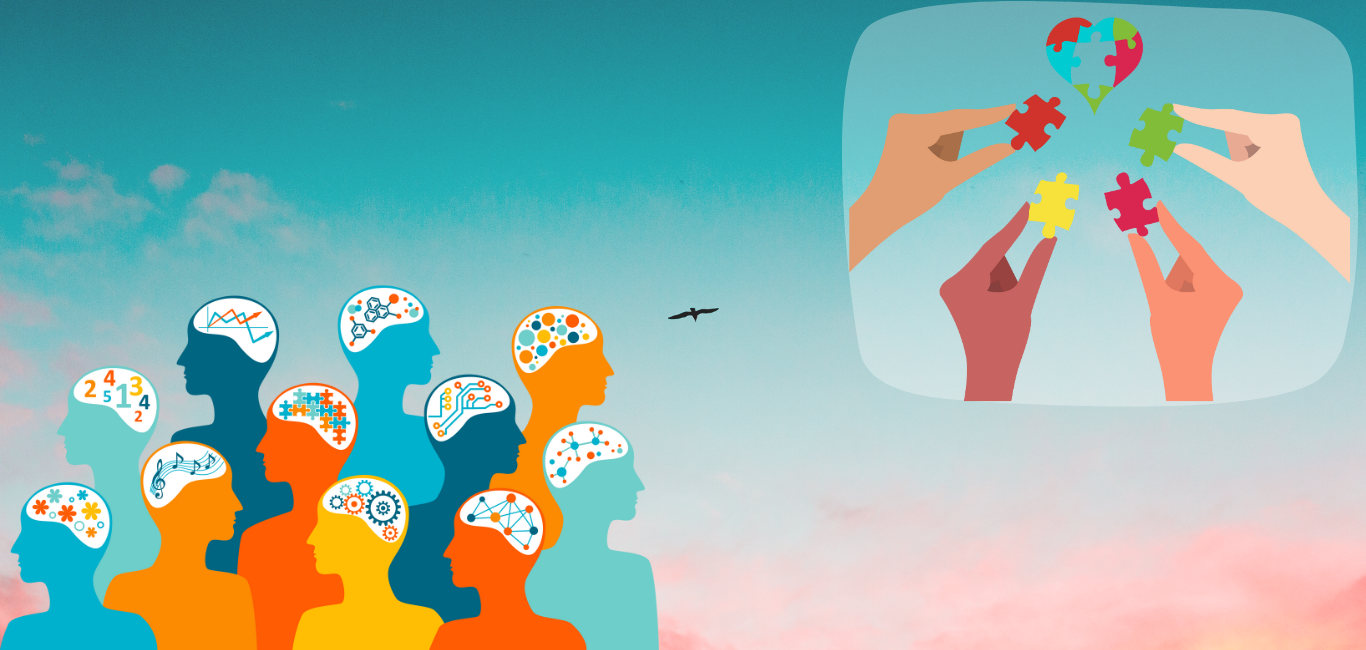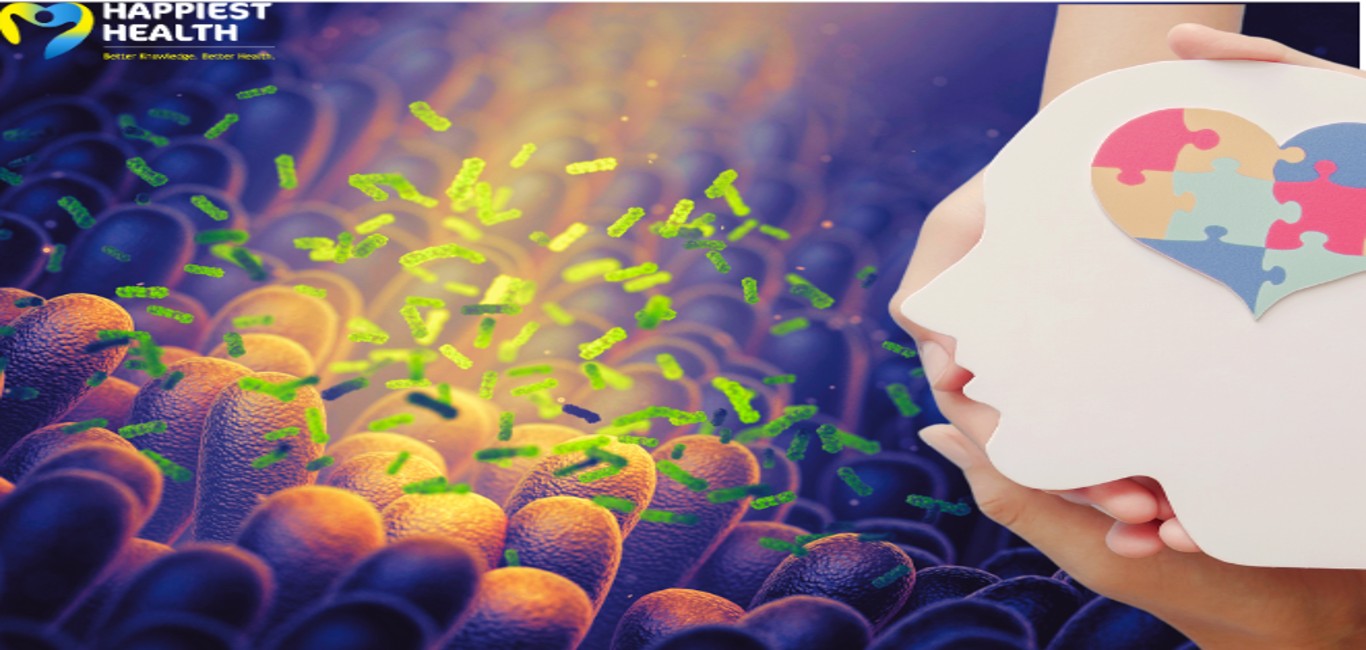
The earlier a health condition is diagnosed, the better the treatment and interventional outcomes. We hear this for all kinds of health conditions. However, it assumes more importance in neurodevelopmental conditions such as autism. One of the main aims of the healthcare and scientific community has been to develop tests that can catch early symptoms and accurately diagnose autism.
Early diagnosis of autism profoundly affects individuals’ life and that of their family. They benefit from a clinician’s support to convert assessment results into care plans.
Autism: the many hurdles
However, diagnosing autism poses many challenges. “The problem [with diagnosing autism] is that it requires a lot of time to identify all the [subtle] symptoms,” Dr Ravi Kumar C P, consultant paediatric neurologist, Aster CMI, Bengaluru, tells Happiest Health. While many studies indicate that autistic traits can be seen as early as six months of age, Dr Ravi Kumar says this is only so when the condition is severe.
Moreover, an associated stigma makes it hard for parents to accept an autism diagnosis. Sometimes, they are unaware of some symptoms of autism. At other times, despite suspecting something, a dearth of trained professionals makes it difficult to accurately identify autism. Dr Ravi Kumar notes that even if the parents decide to seek medical help, the wait time to receive a diagnosis is long and can go up to a month.
Hence, there arises the need for alternate solutions or screening tools which can assist clinicians in the diagnosis. He adds that such tools can also relieve the heavy load on the doctors. Importantly, “These tools, whether in the form of an app or a software, should be accessible and available on a mass scale,” he says.
A non-invasive approach
“Identifying autism early in life can provide many beneficial interventions such as better communication and life skills so that the children can navigate the demands of everyday life,” says Dr Warren Jones, director of research at Marcus Autism Center, Children’s Healthcare of Atlanta, USA.
From incorporating the nuances of the condition in the diagnostic criteria to looking at genes for answers to neurodevelopmental disorders, healthcare has made many strides in addressing autism. However, some scientists, like Dr Jones, hoped to identify autism spectrum disorder non-invasively. They found the answers by observing children’s eye movements to social cues.
“Eye movements reflect what children are looking at and learning about,” says Dr Jones. By observing these movements, clinicians can comprehend how each child engages with the surrounding social environment and provide an idea about the underlying neurobiology, he adds.
Social cues from eyes
Understanding “social visual engagement” is also well-suited to early child development— before infants reach up, crawl, or walk, they explore the world by looking. Dr Jones and his team developed a tool called EarliDetection to precisely capture this social visual engagement.
The tool captured the children’s eye movements as they watched videos of various social interactions. The EarliDetection monitored the viewer’s eye movements 120 times a second and the results were available in 30 minutes. They found that the tool could accurately diagnose autism 71 per cent of the time and designate a child without autism about 80 per cent of the time.
They ran the comprehensive test twice to ensure the accuracy of the results.
EarliDetection has earned an FDA approval.
“Research has come a very long way, from basic science findings about how adults with autism may look at the world differently (beginning more than 20 years ago) to now having an FDA-cleared tool,” says Dr Jones. This tool will not replace clinicians, he adds. But rather to aid them in diagnosing and assessing autism in children as young as 16-30 months of age.
Powered by AI
In another significant advancement, researchers at Duke University, USA, developed another eye-tracking tool driven by AI. This app-based technology called SenseToKnow can run on a tablet. It can predict if the child (between 18-24 months) has a tendency to autism. The app measures a variety of distinct behavioural indicators, such as facial expression, gaze patterns, head movements and blink rate. It also incorporates an on-screen bubble-popping game to assess motor movement and skills, as delays in motor skills are one of the earliest signs of autism, according to a statement.
The algorithm assesses the child’s interactive cues and compares them with a database of non-autistic children’s behaviours, giving a predictive result. The study details were published in the journal Nature on 3 October 2023.
SenseToKnow gives healthcare providers detailed information on what to look for and consider in children referred for complete assessments of autism and intervention. “This app could help clinicians focus on the areas in which the child needs help, as well as identify areas of strength,” Geraldine Dawson, director of the Duke Center for Autism and Brain Development and a co-senior author of the study, says in a statement.
Dr Ravi Kumar concurs that such tools can assist clinicians in identifying children with autism who need intensive intervention.
Moreover, the researchers tested the efficacy of these tools across children of various races and ethnicities, offering equitable diagnostic facilities for all.

















